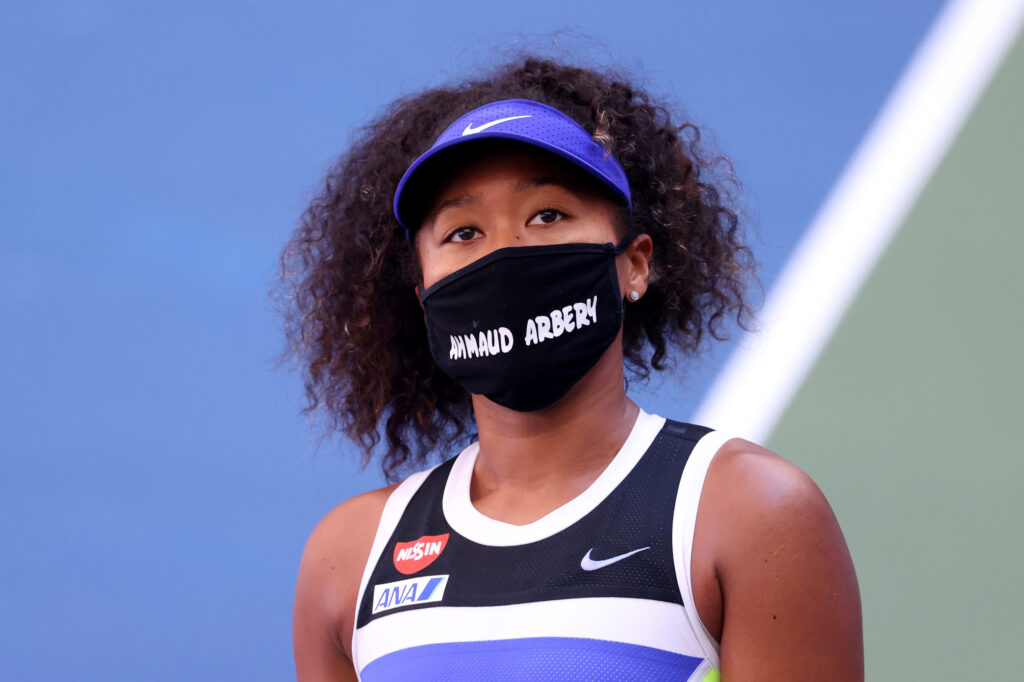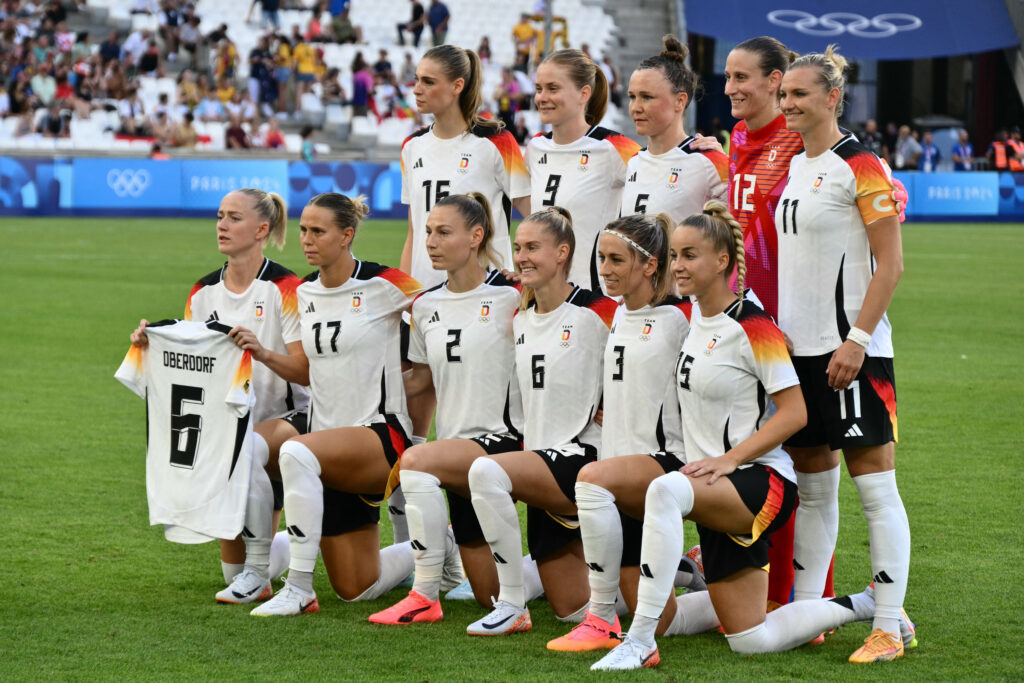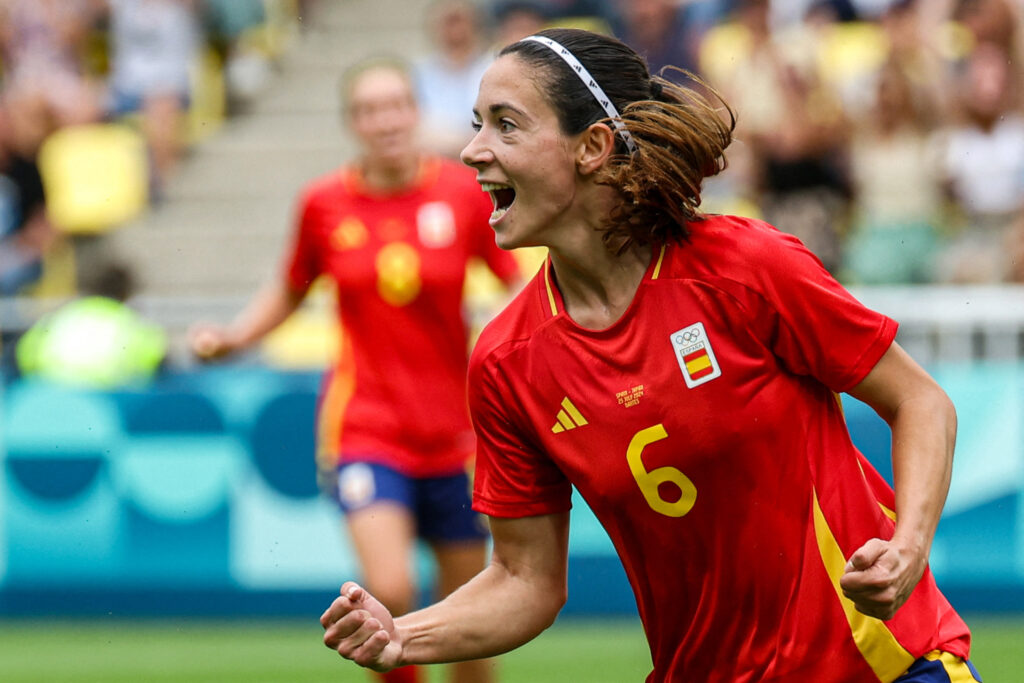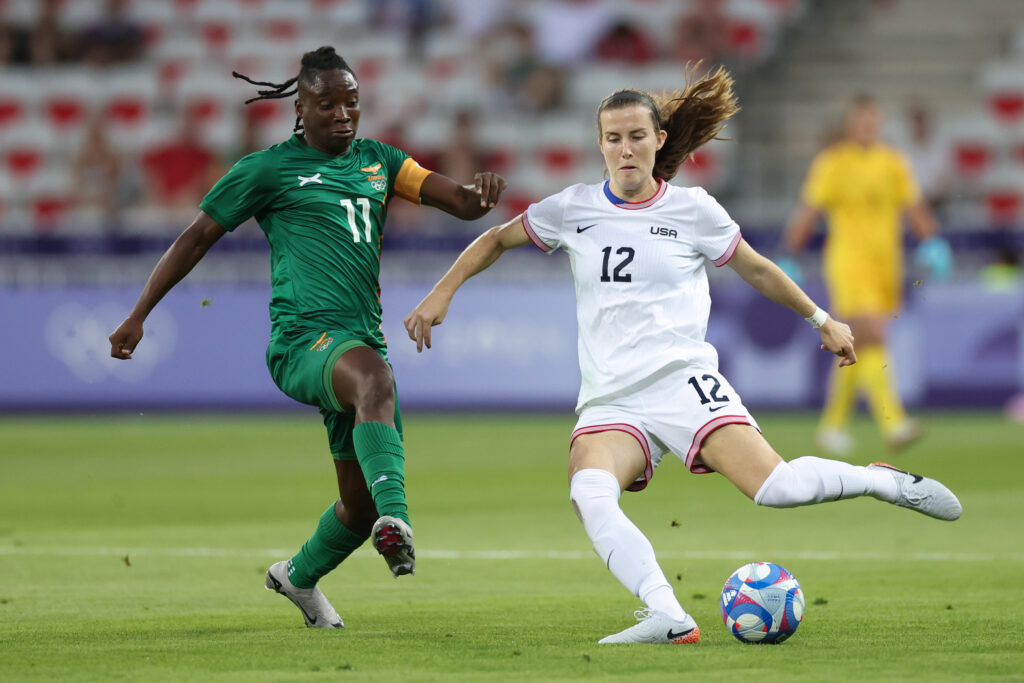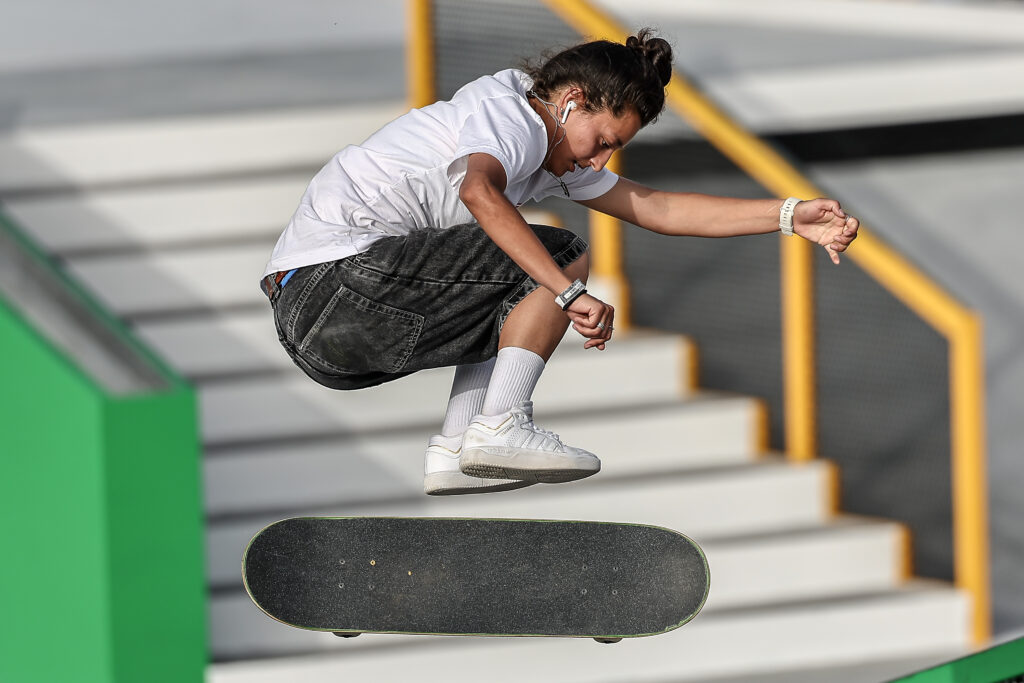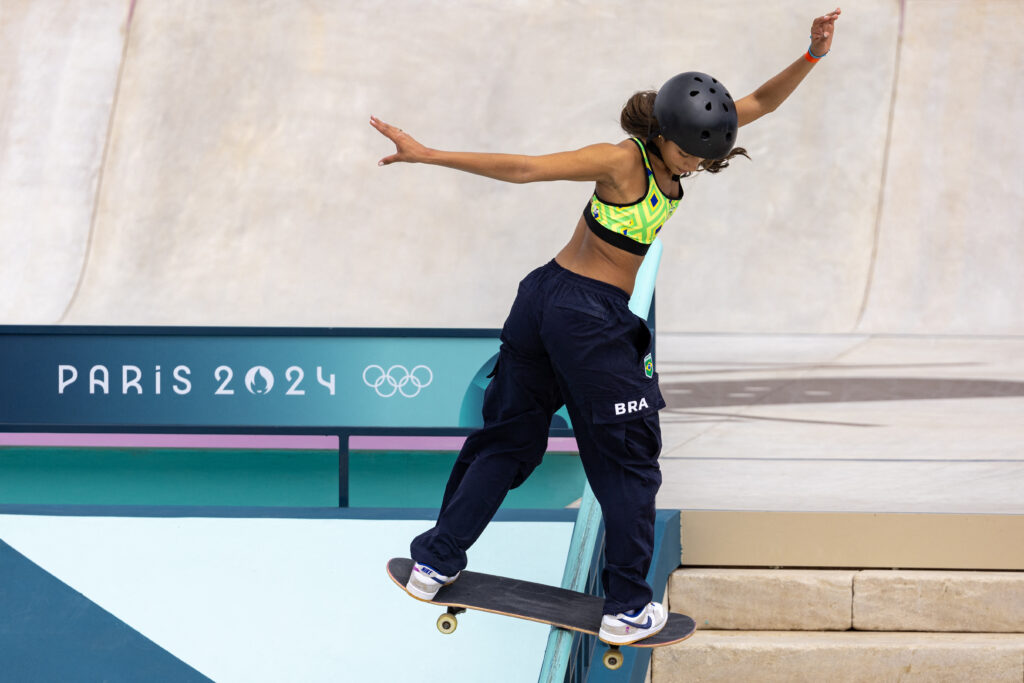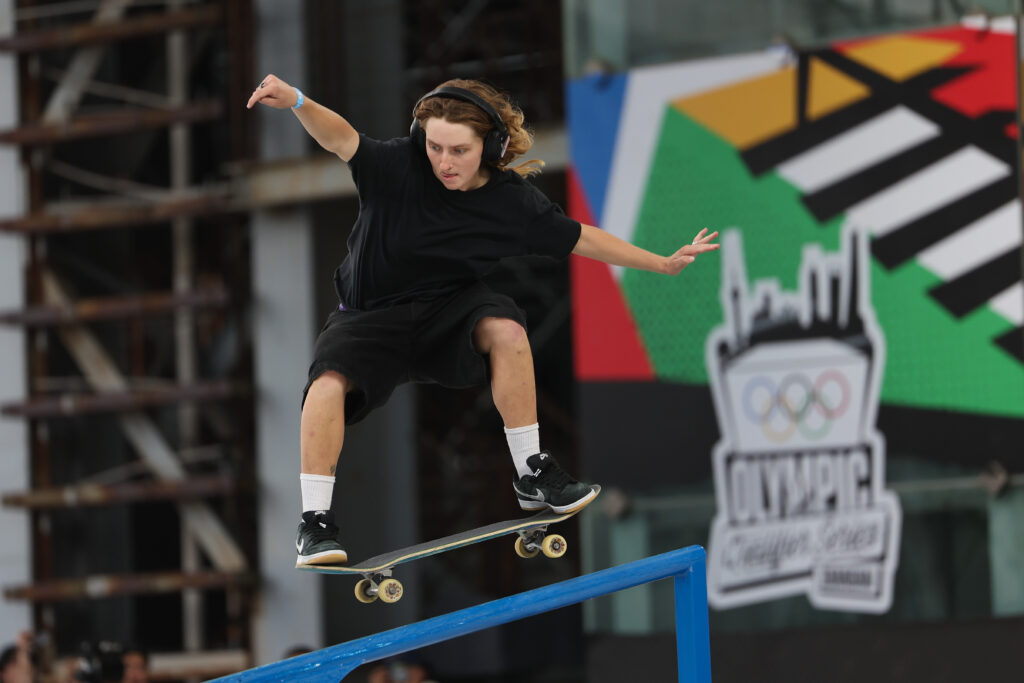Naomi Osaka is telling her story.
In a new, eponymous Netflix docuseries, the tennis phenom lifts the curtain on her journey to international stardom. The three-part series, directed by Academy Award-nominated filmmaker Garrett Bradley and co-executive produced by LeBron James, follows Osaka’s ascendance after her landmark victory over Serena Williams at the 2018 U.S. Open.
Premiering July 16, Bradley’s refreshingly intimate documentary drops just ahead of Osaka’s return to her sport at the Tokyo Olympics, where she will represent her home country of Japan.
After choosing to withdraw from the French Open in May to preserve her mental health — later announcing she would also be skipping Wimbledon — the world No. 2 has since revealed that she has “suffered long bouts of depression” since winning the 2018 U.S. Open, her first Grand Slam. Although the series does not touch on the current moment, it does quietly color in Osaka’s personal journey leading up to the present, showcasing her progression as both an athlete and a person.
Osaka’s decision to open up about her struggles has transformed the global conversation around athlete mental health and player rights. It also adds a level of depth to her Netflix series, as viewers watch Osaka navigate the wins and losses, as well as the media scrutiny and pressure of celebrity, culminating in the roller-coaster ride that was 2020.
The pressure to win
Like Osaka, the series emulates a warm calmness, or centeredness, even during absorbing retellings of the star’s most difficult times.
Much of the storytelling is left up to Osaka herself, captured through self-recorded videos, which provide candid insight into the tennis star’s life, while also serving as a contrast to the pre-packaged, post-match interviews in which we usually see her.
It’s in one of these selfie videos that Osaka reacts to the death of her mentor, Kobe Bryant, who tragically died during production of the docuseries. The moment feels even more crushing when Osaka reveals she had meant to reach out to the NBA icon to seek guidance amid her recent struggles. Interviews with Osaka’s mother, Tamaki, reveal the lasting gravity Bryant’s death had on Osaka’s emotional state, both on and off the court.
The pressure to win can make it lonely at the top. But in these quiet, private moments, Osaka is remarkably relatable.
Shaped by her heritage and family
“Naomi Osaka of Japan.” — Again and again, viewers hear this echoed as Osaka walks out to meet her competitors.
As the series continues, Osaka explains the significance of being a young woman of mixed heritage. Her father, Leonard Francois, is Haitian, while her mother, Tamaki Osaka, hails from Hokkaido, Japan.
“My dad has always been proud of where he comes from,” Osaka says. “Whenever I’m in hard situations, he’s always told me my ancestors were on a ship for 40 days. I use that as strength.”
Touching home videos of Osaka’s young parents pushing her stroller, as well as clips of Osaka with her younger sister, Mari, practicing their serves as children, help relay the tennis bond that continues to tie this multicultural family together.
Finding her voice
Over the past two years, Osaka has elegantly evolved from a reticent public figure into an outspoken social leader.
At the 2020 U.S. Open, she took a public stand for Black Lives Matter, wearing seven different masks to each of her seven matches. Each mask bore the name of a person of color lost to racial violence, including Breonna Taylor, George Floyd and Elijah McClain. In order for Osaka to display every mask, she had to make the final. In New York, she came from behind to beat Victoria Azarenka and claim her fourth Grand Slam.
“I always had this pressure to maintain this squeaky image, but now, I don’t care what anyone else has to say,” Osaka says when explaining her newfound voice.
As the 2021 ESPY winner for Best Athlete in Women’s Sports, and with plans to return to the WTA circuit after the Tokyo Olympics, now is the perfect time to reflect on just how far Osaka has come. Still just 23 years old, Naomi Osaka showcases a star in transition, one who is still discovering herself on the biggest stage.
